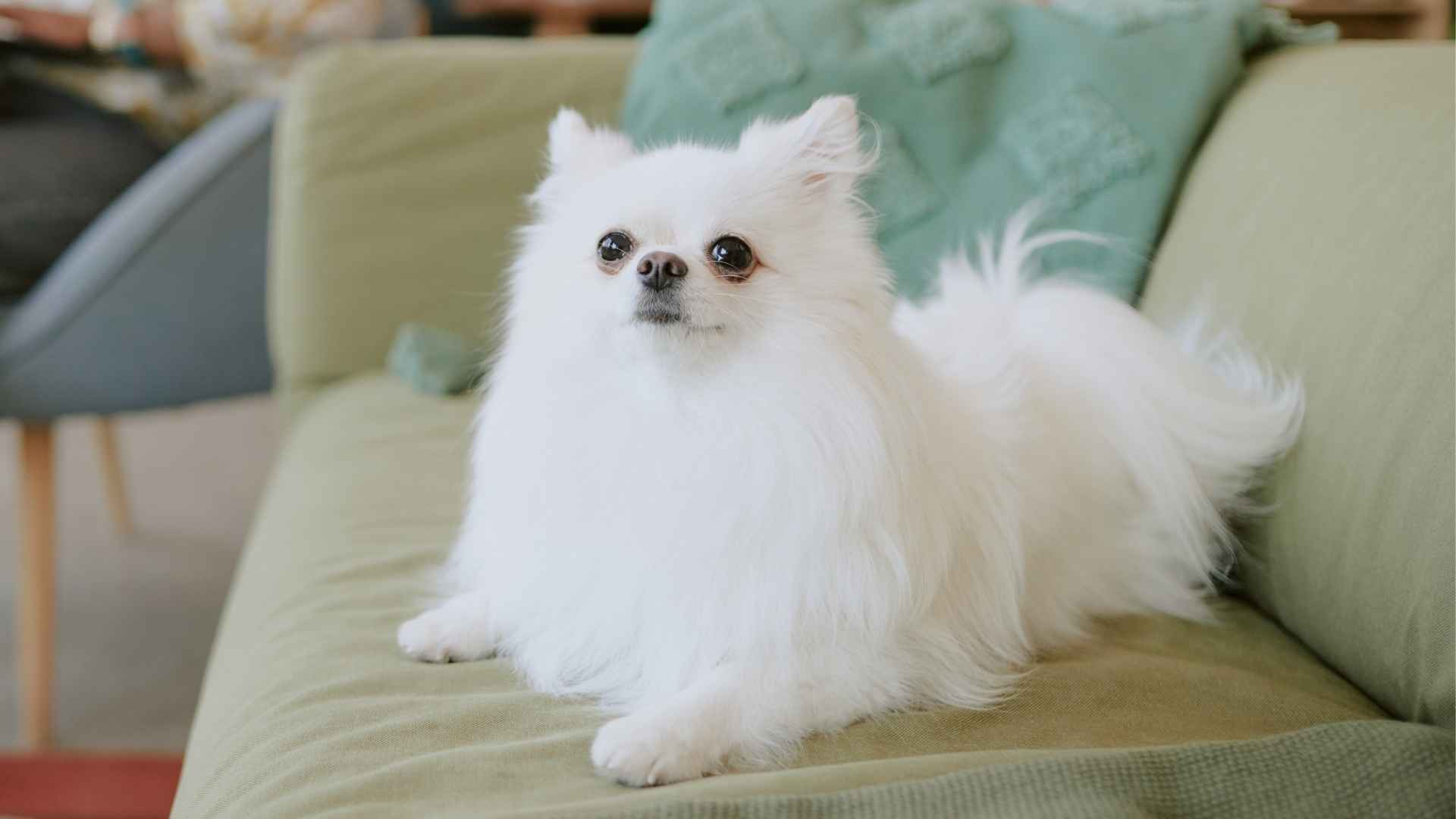There’s something undeniably magnetic about miniature dog breeds. Maybe it’s the way they pack massive personality into a pint-sized frame—or how they somehow manage to take over entire households despite weighing less than a sack of groceries. Whatever it is, one thing’s clear: small dogs aren’t just popular—they’re everywhere.
According to the American Kennel Club (AKC), registrations for toy dogs and small breed companions have seen a notable rise in the last decade, a trend linked to urban living, smaller homes, and the growing demand for low-maintenance pets that still offer loyalty and affection.
The fascination with miniature breeds isn’t just a passing phase—it reflects a deeper shift in how we connect with animals and what we want from our pets.
Miniature Dog Breeds
Here are the 10 smallest dog breeds:
1. French Bulldog
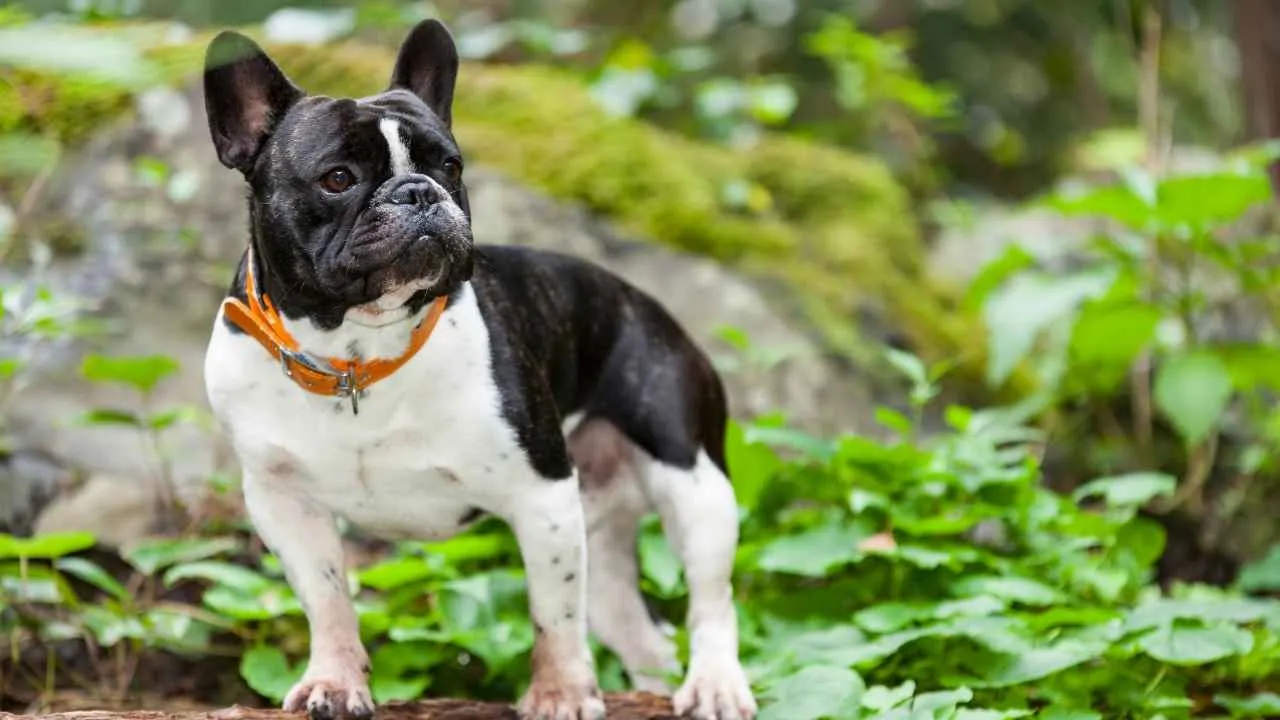
The French Bulldog may be compact, but this small breed makes a massive impression. Often chosen for city living, these adorable dogs are easy to fall for—thanks to their fairly rare bat-like ears, soulful expressions, and undeniable charisma.
People-first personality: Originally bred as a companion dog, the French Bulldog thrives on human company and can become anxious when left alone.
Vocal quirks: While they’re not excessive barkers, Frenchies communicate in their way—expect snorts, snores, and the occasional grumble.
Sensitive souls: French Bulldogs respond strongly to tone and emotion. Consistent training works best with patience and positive reinforcement.
Babysitters: Despite their stout little bodies, Frenchies often bond well with small children, showing a surprisingly gentle, protective nature.
Celebrity-approved: Their rising fame isn’t just due to looks—Frenchies are all over pop culture, and their easygoing nature makes them a favorite among busy households.
Not swimmers: Their compact structure and short muzzle make water a challenge—pet parents should always keep an eye near pools or lakes.
Flat-faced (brachycephalic): According to PDSA, the anatomy often leads to breathing challenges, especially during exercise or in hot climates.
2. Pomeranian
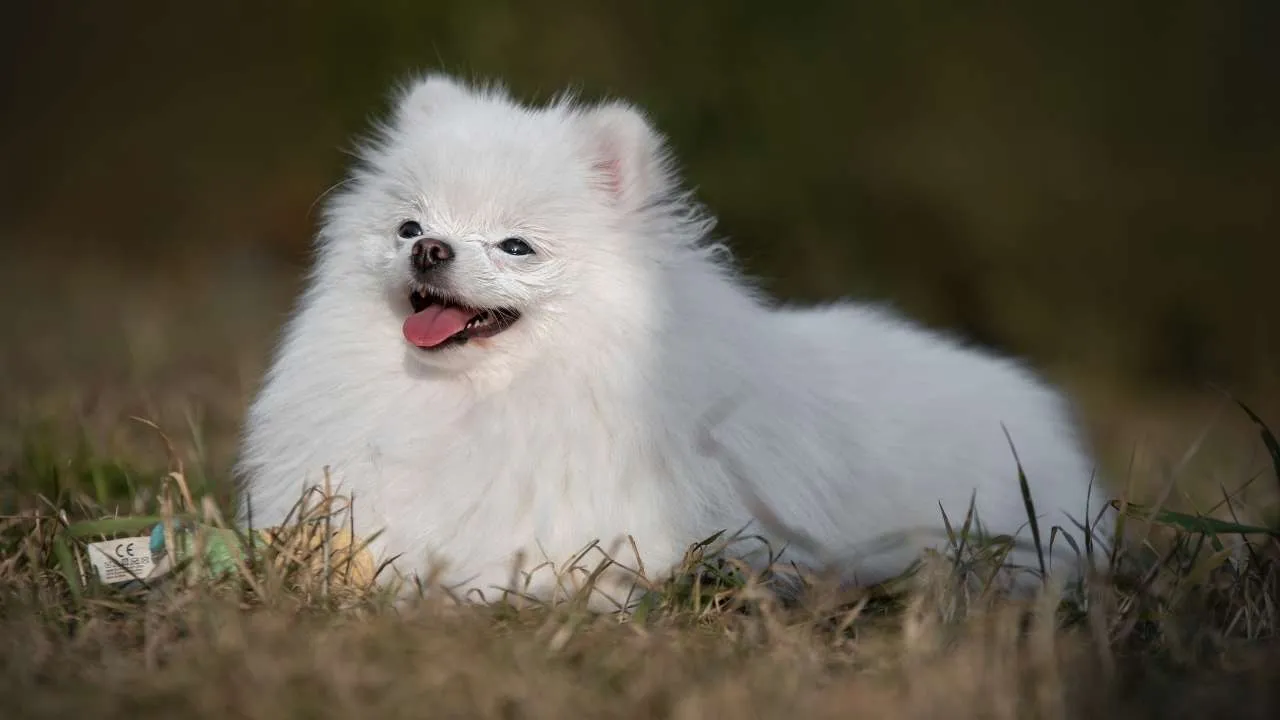
Pomeranians are more than just pretty faces. With a lineage tracing back to powerful sled-pulling breeds, these dogs carry a surprising dose of toughness beneath their cloud-like coats. They might stand just a few inches tall, but their personality easily fills the room.
Big roots, small package: Despite their small stature, Pomeranians descend from larger Arctic working dogs, making them naturally alert, confident, and surprisingly athletic.
Compact symmetry: According to WebMD, known for their square, balanced structure, they typically grow no taller than 6–7 inches, perfectly scaled for lap living without compromising presence.
Loyal protectors: These little dogs don’t hesitate to alert and protect their owners to anything unusual. They may not look like guard dogs, but they act like them when needed.
Social and smart: Their curious nature keeps them active and responsive. They thrive on attention, and often surprise people with how quickly they adapt to new routines.
Timeless popularity: With centuries of admiration under their collar, Pomeranians remain one of the most popular dog breeds among those who appreciate compact size with a full-sized personality.
3. Bichon Frise
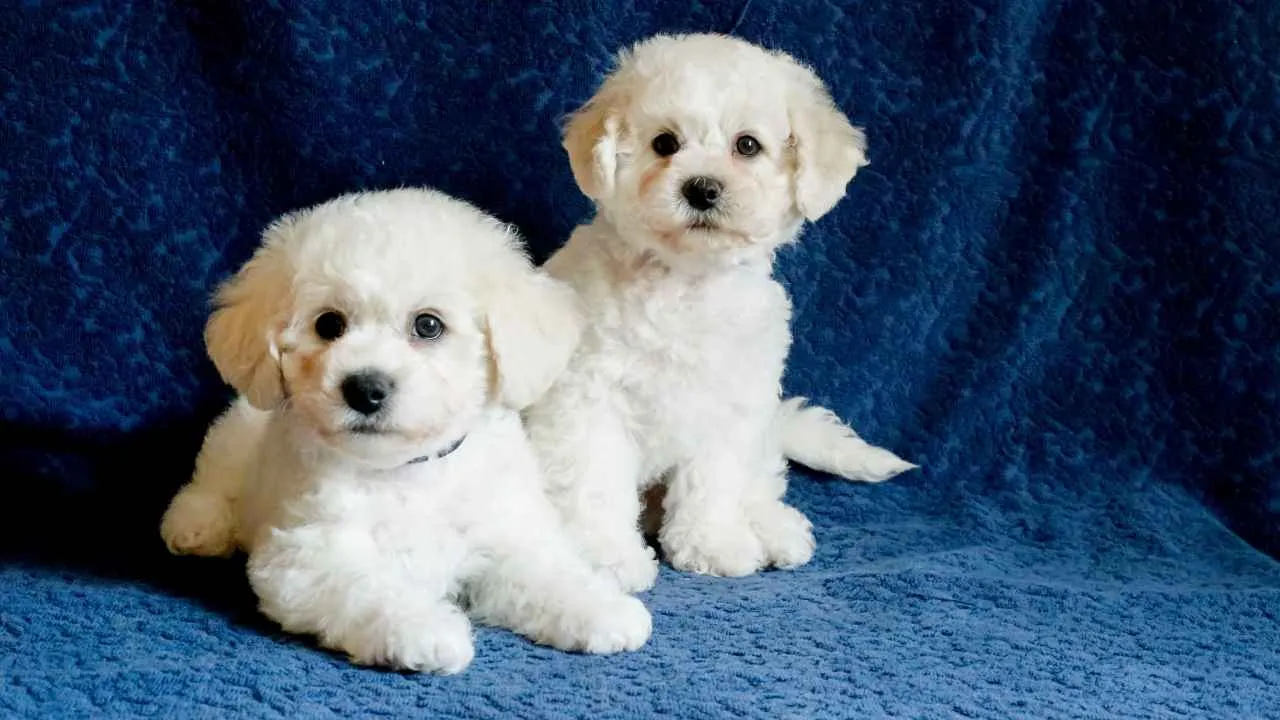
There’s something undeniably charming about the Bichon Frise. With their plush, white coat, haloed eyes, and springy step, these toy breeds seem like they walked straight out of a storybook.
But beneath the fluff, they’re clever, social, and remarkably adaptable, making them a great fit for all sorts of lifestyles.
Cheerful companions: Known for their sociable and sunny personalities, Bichons are the kind of dogs that brighten a room just by being in it. They’re often alert and curious, but rarely anxious or aggressive.
Hypoallergenic dog coat: Their signature double coat gives them a cloud-like look without the excessive shedding of many other breeds. That said, they do need regular grooming to keep their curls in top shape.
Great with people and pets: Bichons tend to get along well with small children, other dogs, and even cats, thanks to their friendly and non-territorial nature.
Trainable and resilient: These dogs are easy to train and quick to adjust to change, and have a proud posture and long lifespan. Loud noises, new routines, or unfamiliar visitors don’t tend to rattle them.
Low drama, high fun: While not the most protective, they make up for it in playfulness. They love interactive games and moderate exercise, and enjoy spending time with people without being overly clingy.
4. Maltese
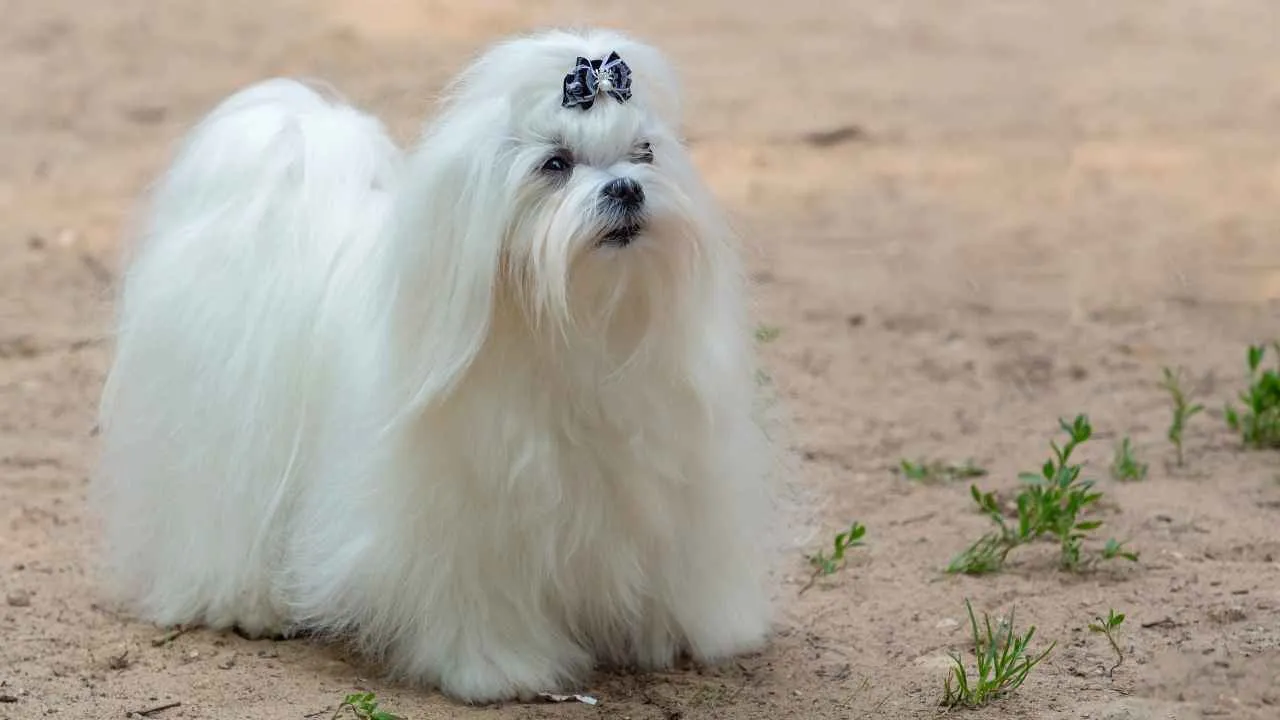
Don’t let the silky coat and petite frame fool you—the Maltese is no dainty lapdog. These little charmers pack a surprising amount of spunk, intelligence, and heart into their small size.
Centuries ago, they were adored by royalty, but today they win hearts in homes around the world for their deep loyalty and lively nature.
Confident explorers: The Maltese may be small dogs, but they’re fearless and surprisingly sporty. Known for their love of jumping and climbing, they’re often unaware (or unconcerned) about their limits.
Long-haired beauty: Their signature coat flows like silk and grows continuously. It’s a single-layer, meaning they shed very little, but require consistent grooming to avoid tangles.
Dental: Their small jaws and teeth make them more prone to dental issues, so regular cleanings are a must.
5. Cavalier King Charles Spaniel
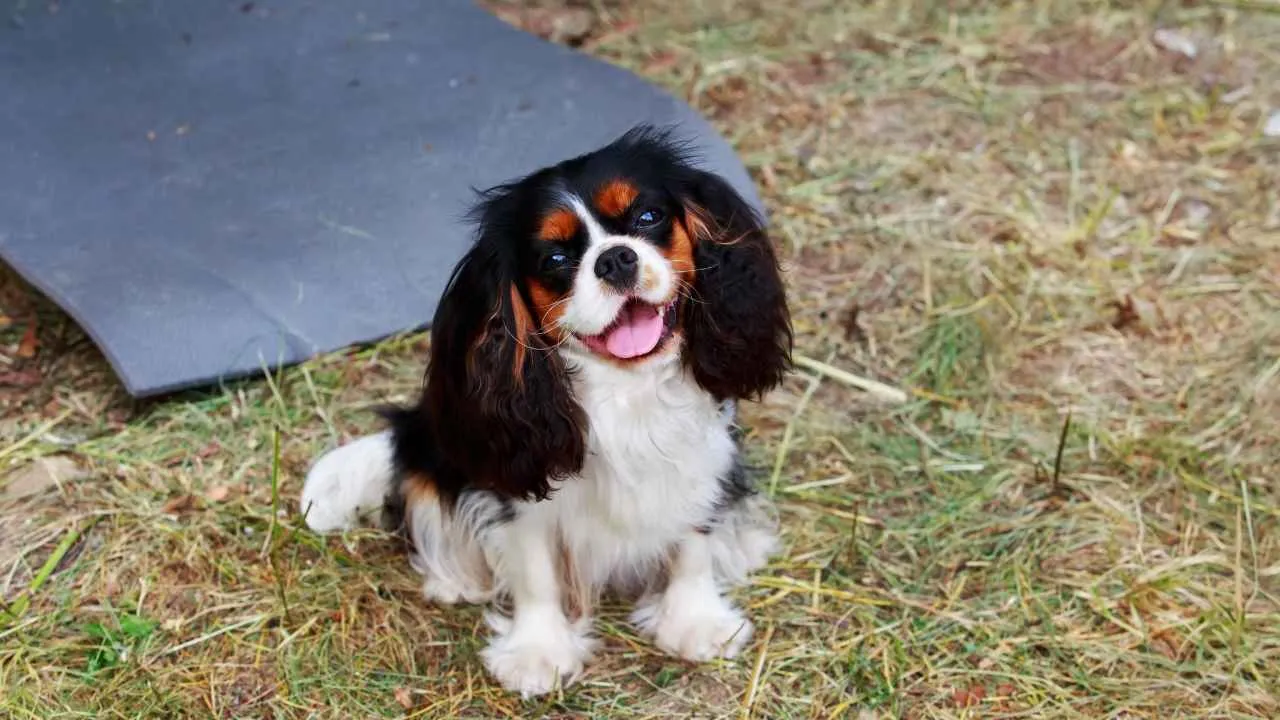
The Cavalier King Charles Spaniel is the embodiment of grace with a hint of play. They were once favorites of royalty, and it’s easy to see why—these small dogs are natural companions with a deep love for people and a soft spot for affection.
Deeply affectionate: Cavaliers don’t just enjoy your attention—they crave it. They’ll curl up beside you on the couch and follow you from room to room, always eager for a snuggle or pat.
Easygoing yet energetic: Don’t mistake their soft demeanor for laziness. They enjoy walks, playful games, and can even hold their own in activities like agility or rally.
Friendly to a fault: These are not watchdogs. Cavaliers greet strangers with wagging tails and gentle eyes, making them perfect for social households.
Origin: Named for King Charles II, who was so smitten with the breed he took them everywhere—even to Parliament.
6. Miniature Schnauzer
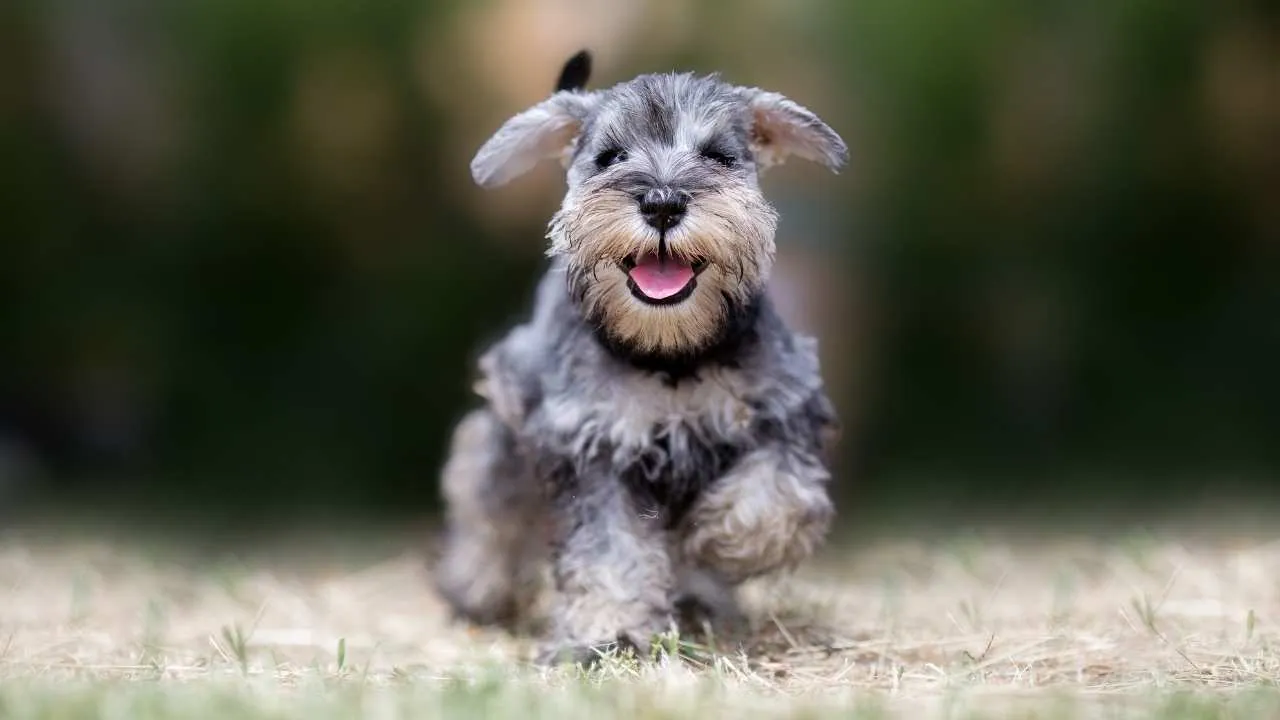
Sturdy, smart, and packed with personality, the Miniature Schnauzer is one of those toy dogs that seems to have it all.
Originally bred in Germany to hunt rats and guard farms, this little powerhouse has traded in barn chores for city strolls and family life, but they’ve held onto that signature spunk.
Bright: Mini Schnauzers are quick thinkers who love a challenge. Puzzle toys, trick training, and agility courses? Yes, please.
Flexible living style: Whether you’ve got a backyard or just a balcony, Schnauzers adapt easily. They’re just as happy in an apartment as on a farm—as long as they get daily activity.
Easy to train: Eager to please and clever, they usually pick up commands quickly. Keep things interesting, though—this breed gets bored fast.
Coating: Despite that full coat, they shed very little, which makes them a solid option for allergy-sensitive homes (with regular grooming).
7. Havanese
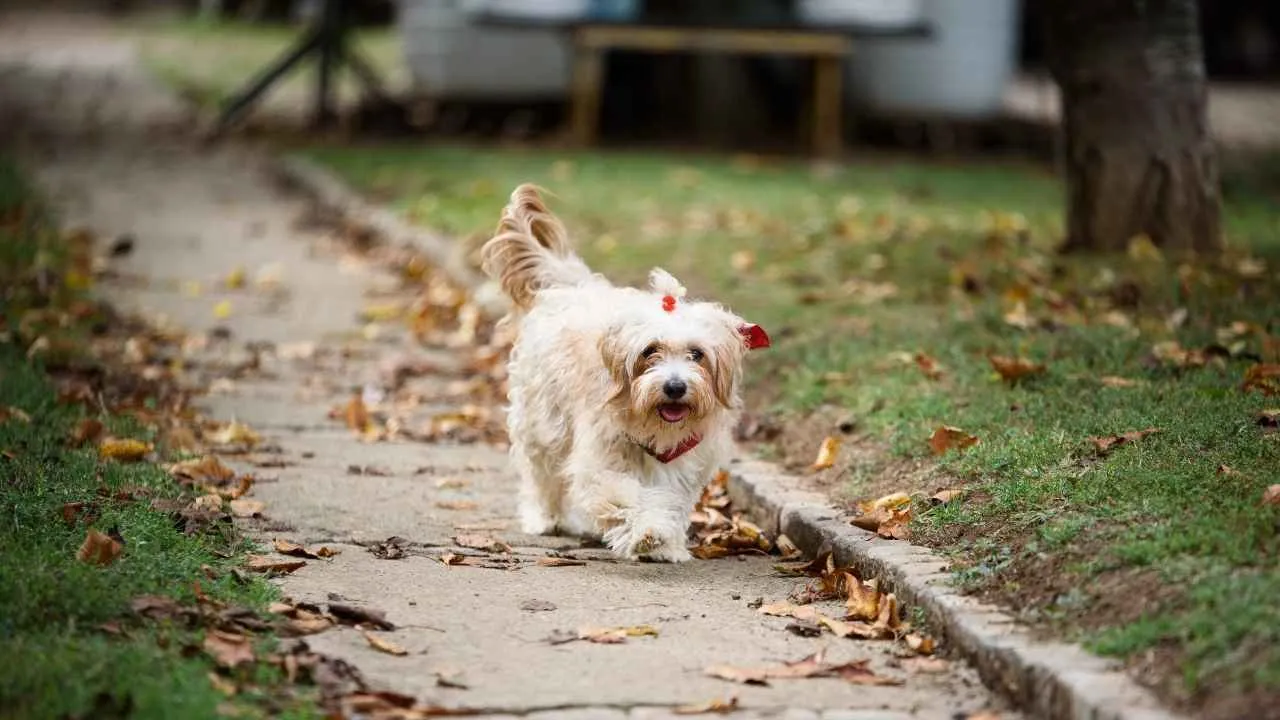
Whether they’re clowning around, racing through the backyard, or curled up next to you, the Havanese is a playful, social, and affectionate small dog.
Despite their small size and silky coat, they’re full of energy, intelligence, and charm. A great match for families, especially those who can give them plenty of time and attention.
Always social: These dogs thrive on interaction and don’t like being left alone without a doubt. If you’re gone for long stretches, expect signs of separation anxiety.
Hypoallergenic dogs (mostly): Their silky coat doesn’t shed much, which can be good news for allergy sufferers. Just know they still need regular brushing to stay tangle-free.
Cuban roots: They aren’t just cute—it’s Cuba’s national dog. With a history as a companion breed for aristocrats, this pup was born to be pampered.
Celebrity Favorites: Havanese dogs have been popular among celebrities and famous figures throughout history, including Queen Victoria
8. Papillon
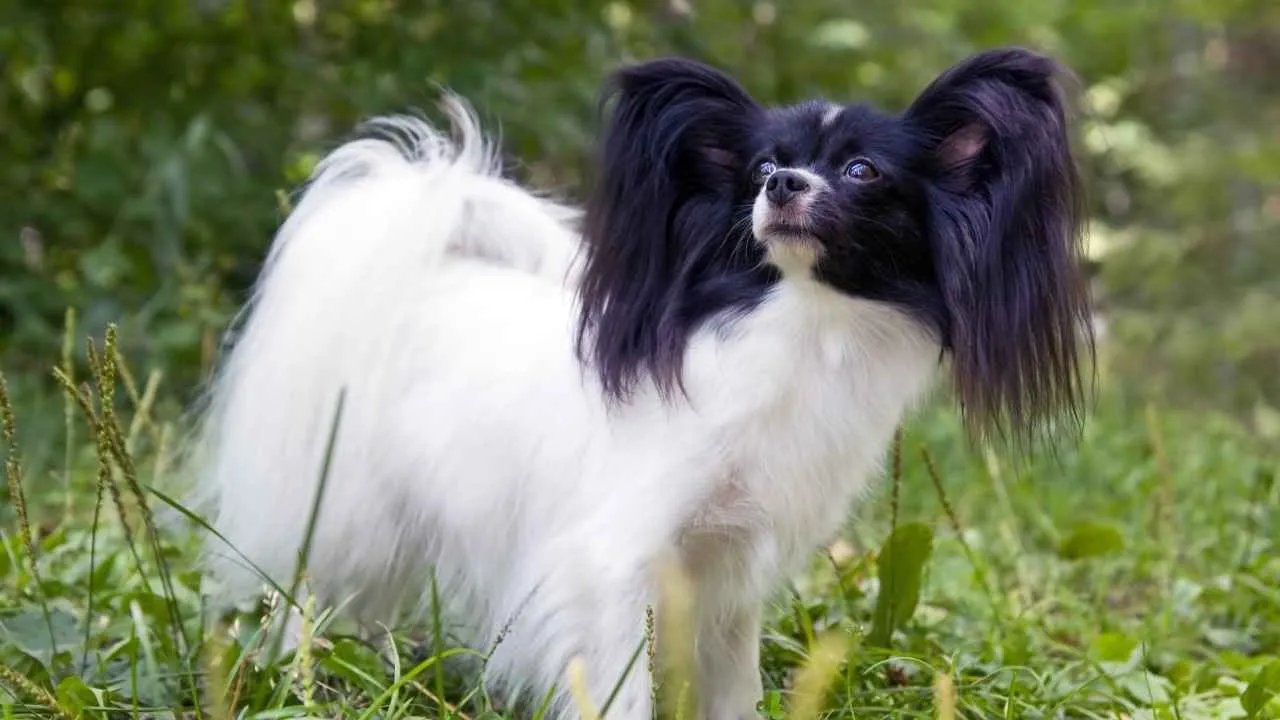
The Papillon is far more than a pretty lap ornament. This toy breed brings energy, intelligence, and charm in a portable, feather-light package.
Named after the French word for butterfly, thanks to its wing-shaped ears, the Papillon thrives on connection and stimulation. It’s a perfect match for first-time dog owners, apartment dwellers, and jet-setters alike.
Highly Intelligent: These little dogs consistently rank among the smartest breeds and excel in agility, obedience, and even dog sports.
Thrives on Interaction: Left alone for too long, they can develop separation anxiety. Daily engagement is a must.
Handle with Care: Their small frame means they can be injured easily during rough play with larger dogs or overly enthusiastic kids.
Low-Maintenance Coat: Their silky fur doesn’t grow endlessly, so no regular haircuts needed. Just a few brushings each week to keep it neat.
9. Chihuahua
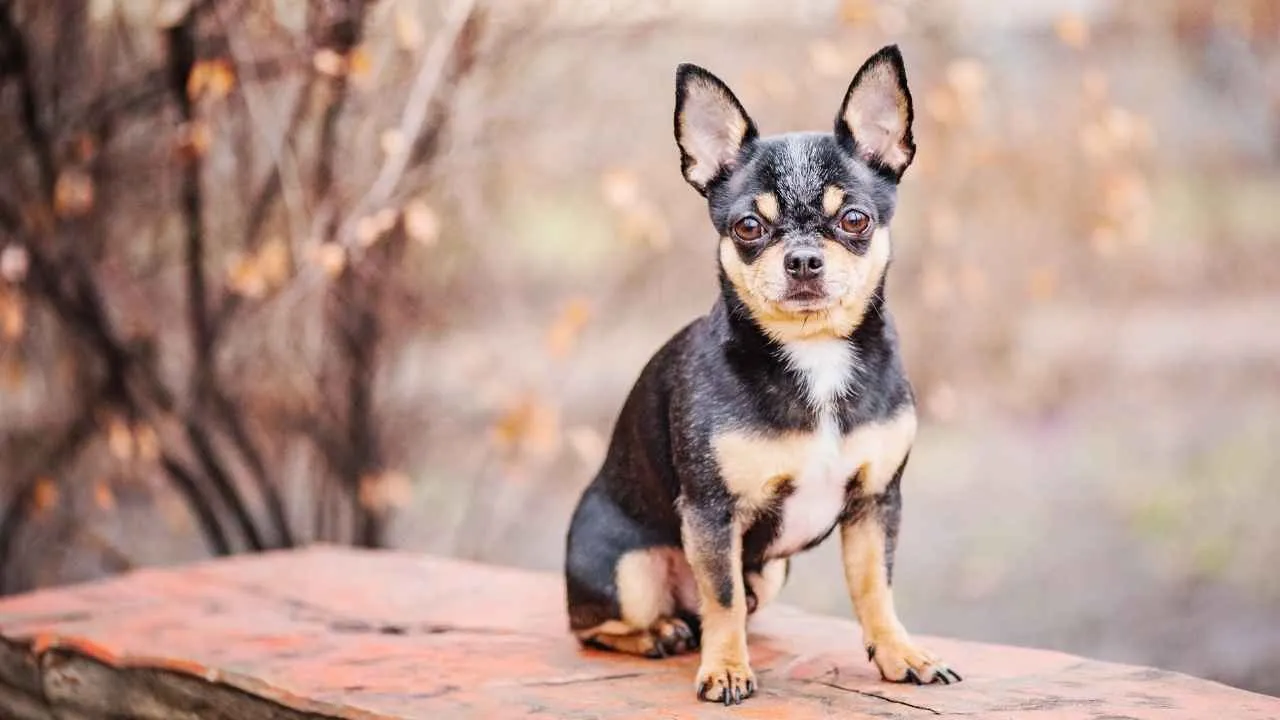
Don’t let the size fool you. The Chihuahua may be the smallest recognized dog breed, but what it lacks in stature, it makes up for in spirit, loyalty, and confidence.
Whether curled up on a heated blanket or patrolling your living room like a six-pound security guard, this tiny companion is fiercely devoted and endlessly watchful. The Chihuahua proudly holds the title of the world’s smallest dog breed.
Vocal Watchdogs: They’re naturally quick to sound the alarm, which can be helpful—or hilarious—depending on the situation, so they’re loyal and protective.
Low Space, Low Fuss: A small apartment or even just a hallway can meet their physical needs. Daily walks are still a good idea for mental stimulation.
Not Fetchers: They enjoy games and small chew toys, but don’t expect a game of fetch to last more than a few throws.
Sensitive to the Cold: These little dogs lose heat quickly and don’t tolerate chilly temperatures well. A sweater isn’t just cute—it’s necessary.
Socialization Is Key: Without early exposure to people, pets, and different environments, they can become anxious, snappy, and overly defensive.
10. Toy Poodle
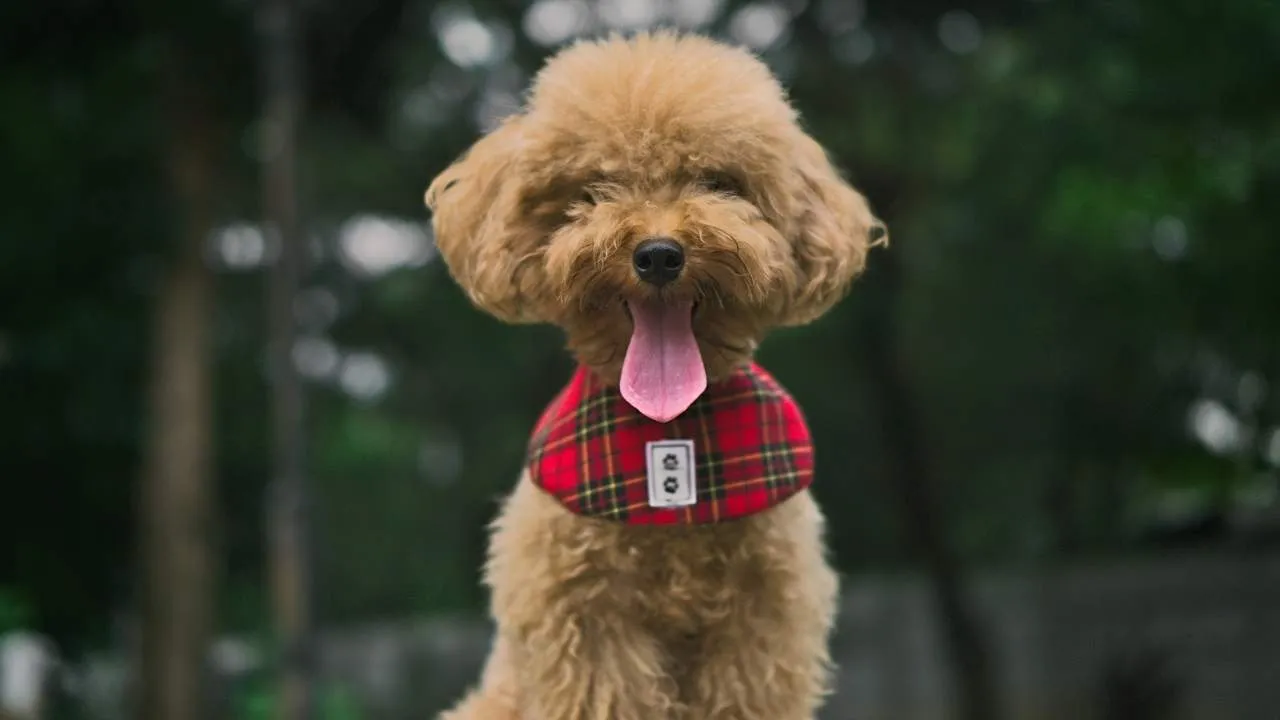
The Toy Poodle is more than just a stylish lap dog—it’s one of the sharpest and most emotionally aware companions you’ll meet.
They’re tiny, yes, but packed with intelligence, curiosity, and a surprising amount of sensitivity. These dogs are known for mirroring their humans’ moods, so if you’re looking for a dog that truly gets you, this one might be it.
Deeply Sensitive: Toy Poodles are in tune with their owner’s tone, energy, and body language. They can become anxious around loud noises or household tension.
Gentle Souls: Because they’re so emotionally aware, they respond best to calm, positive reinforcement and will shut down under harsh training methods.
Top of the Class: They consistently rank as one of the smartest breeds. They catch on quickly and retain commands for life.
Problem Solvers: These dogs enjoy learning games and challenges. Boredom can lead to mischief, so mental workouts matter as much as physical ones.
Conclusion
Small dogs pack a surprising amount of personality into a tiny frame. Whether it’s their big-dog energy, clever minds, or endlessly entertaining quirks, these breeds continue to be a favorite for a reason. They’re often highly affectionate, forming tight bonds with their people and thriving on companionship.
Many of these breeds are suitable for apartment living, families, seniors, or first-time dog owners, as long as you’re ready for the responsibility that comes with a small but spirited pet. And yes, some may bark more than you’d expect, but that just comes with their protective instincts.


